Beat the Band (1947)
Singer Ann wants back her money that the manager of a big-band has embezzled.
Singer Ann wants back her money that the manager of a big-band has embezzled.
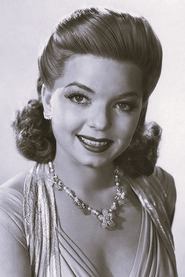 Frances LangfordAnn Rogers
Frances LangfordAnn Rogers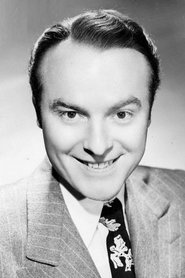 Ralph EdwardsEddie Martin
Ralph EdwardsEddie Martin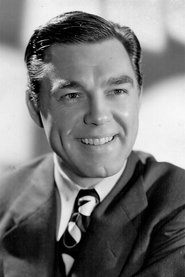 Phillip TerryDamon Dillingham
Phillip TerryDamon Dillingham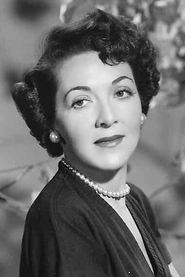 June ClayworthWillow Martin
June ClayworthWillow Martin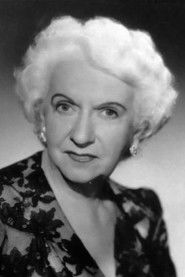 Mabel PaigeMrs. Peters
Mabel PaigeMrs. Peters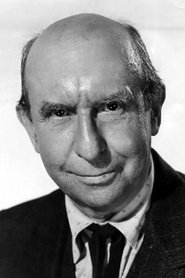 Andrew Tombes'Prof' Enrico Blanchetti / Mr. Dillingham
Andrew Tombes'Prof' Enrico Blanchetti / Mr. Dillingham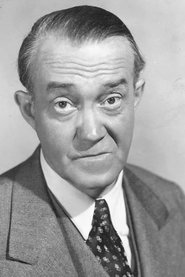 Donald MacBrideP. Aloysius Duff
Donald MacBrideP. Aloysius Duff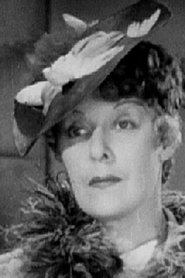 Mira McKinneyMrs. Elvira Rogers
Mira McKinneyMrs. Elvira Rogers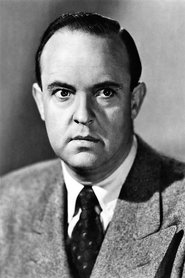 Grady SuttonHarold
Grady SuttonHarold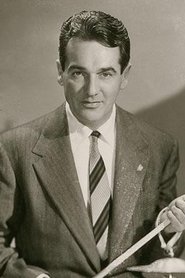 Gene KrupaHimself
Gene KrupaHimself
Lila, a famous retired singer, loses her memory after suffering an accident, just as she planned her return to the stage.
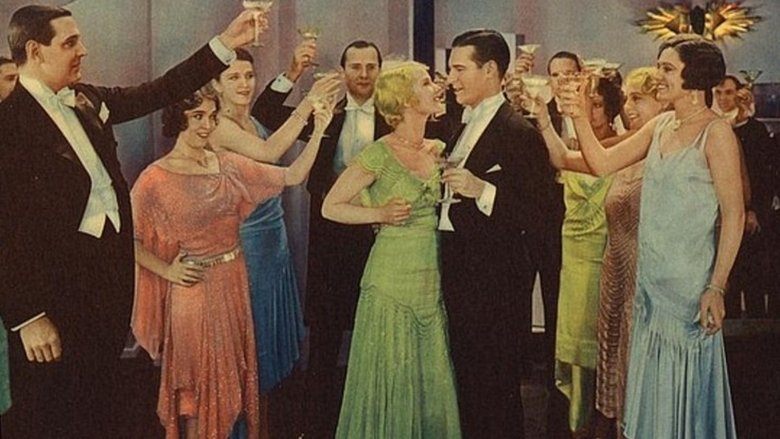
A successful songwriter, dazzled by high society, falls for a society girl who is just playing around.
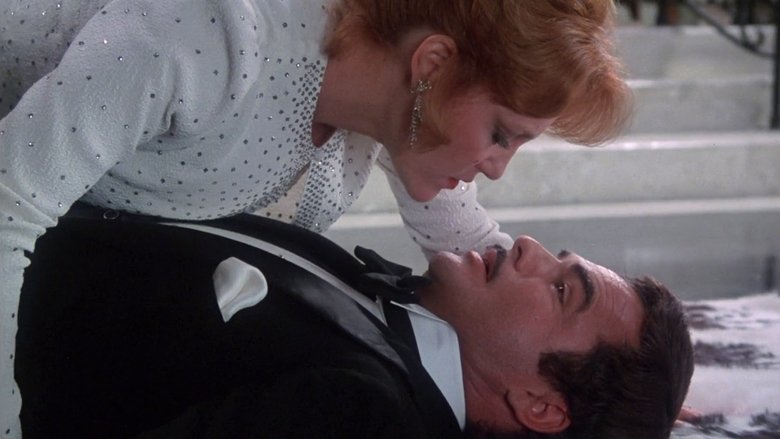
Four socialites unexpectedly clash: heiress Brooke Carter runs into gambler Johnny Spanish at the race track while playboy Michael O. Pritchard nearly runs into stage star Kitty O'Kelly with his car. Backstage at Kitty's show, it turns out she and Brooke are old friends who attended public school together. The foursome do the town, accompanied by Brooke's companion Elizabeth, who throws herself at Michael's butler and chauffeur Rodney James.
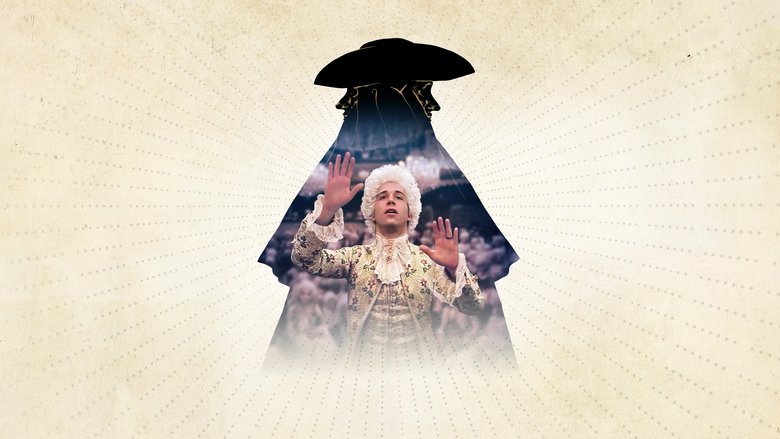
Disciplined Italian composer Antonio Salieri becomes consumed by jealousy and resentment towards the hedonistic and remarkably talented young Viennese composer Wolfgang Amadeus Mozart.
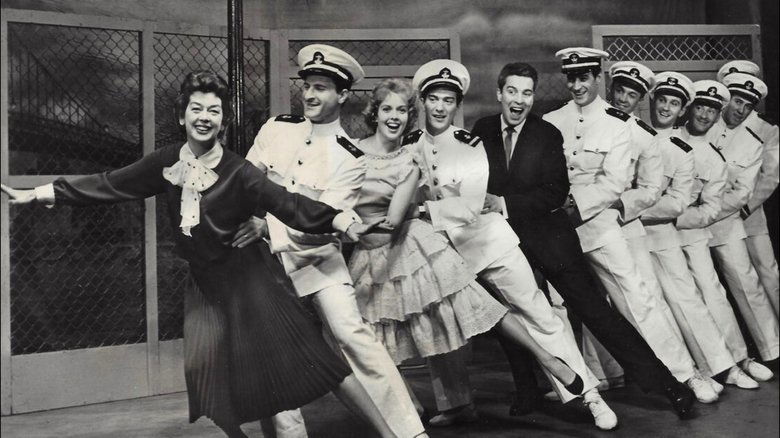
Ruth Sherwood and her sister, Eileen, have moved to 1935 Greenwich Village. They're surrounded by colorful Village characters (including an out-of-work football player known as the Wreck, and Mr. Appopolous, a modern painter and their landlord) and embark on various New York adventures. Ruth, who's trying to make it as a writer, meets up with a sleazy newspaper writer named Chick and a kindly editor named Bob, both of whom take an interest in both her career and her.
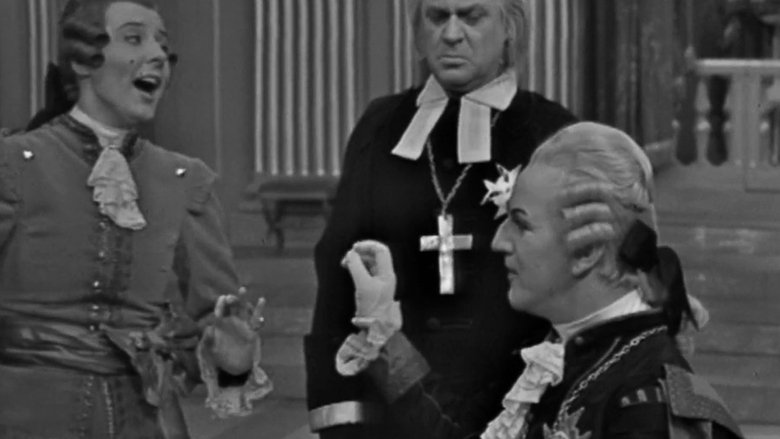
Göran Gentele's production of Verdi's Un ballo in maschera premiered on television on New Year's Day 1965. Gentele's version is an adaptation in which some of the roles have changed names and locations. The opera is sung in Swedish, and the translation was done by Erik Lindegren.
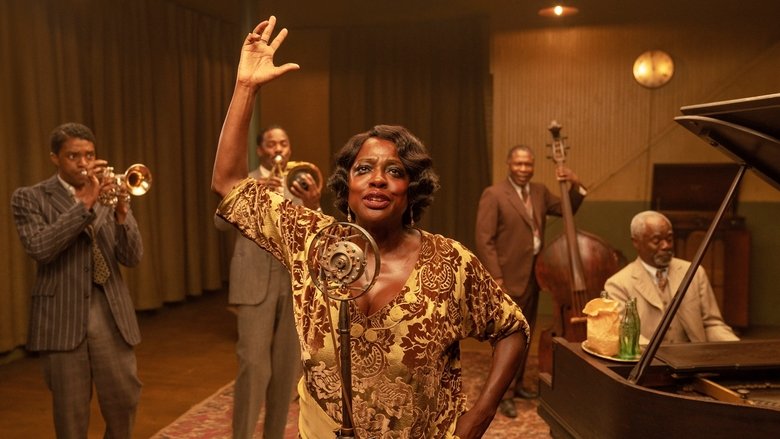
Tensions rise when the trailblazing Mother of the Blues and her band gather at a Chicago recording studio in 1927. Adapted from August Wilson's play.

Heinz Strunk, plagued by crater-like skin rashes, lives with his sick mother in Hamburg-Harburg in the 1980s. As a saxophonist, he tours the North German lowlands with the dance combo "Tiffanys". In this bizarre universe of Korn, Klaus & Klaus and Koteletts, bandleader Gurki teaches him how to deliver cheerful, upbeat music. To escape the vicious circle of shooting festivals and village weddings, Heinz wants to start a solo career and become a hit producer...
This film is the first adaptation of an operetta written by Ukrainian composer Mykola Lysenko. It follows the trials and tribulations of Natalka and Peter (Petro). The sweethearts planned to get married; however, Natalka's father does not approve of the marriage because Petro was not affluent enough to keep Natalka in the manner he thought that she should be kept. Petro goes off to earn the required fortune.
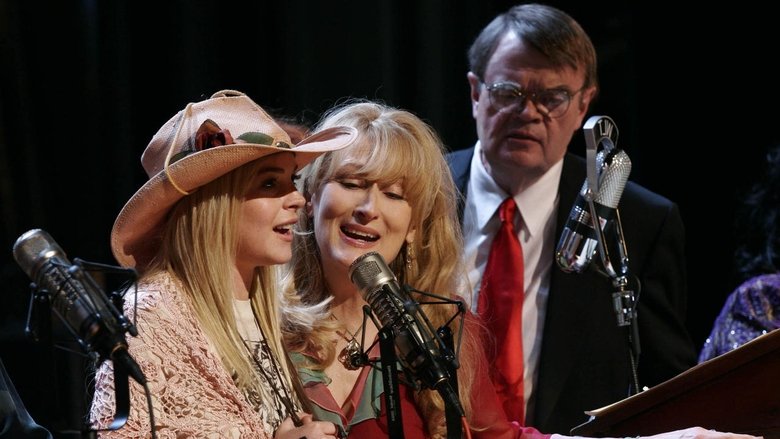
A look at what goes on backstage during the last broadcast of America's most celebrated radio show, where singing cowboys Dusty and Lefty, a country music siren, and a host of others hold court.

Koji Nanjo, a young rock star, falls in love with soccer player Takuto Izumi. Koji eventually learns that Izumi's mother killed his father out of severe and intense love. Izumi took all the guilt for his father's murder and refuses to go pro because of fear that his past will be discovered by the media. Izumi detests Koji's company and encouragement and severely dislikes the attention from the press, but Koji cannot stay away for he soon realizes that his love for Izumi is very similar to the love that Izumi's mother felt for his father.
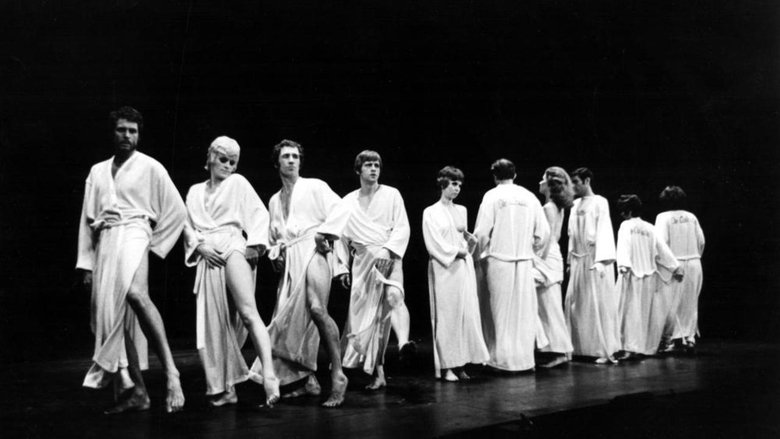
Based on the controversial off-Broadway musical comedy revue, "Oh! Calcutta!" is a series of musical numbers about sex and sexual mores. Most of the skits feature one or more performers in a state of undress, simulating sex, or both. The show sparked considerable controversy at the time because it featured extended scenes of total nudity, both male and female. The title is taken from a painting by Clovis Trouille, itself a pun on "O quel cul t'as!" French for "What an arse you have!".
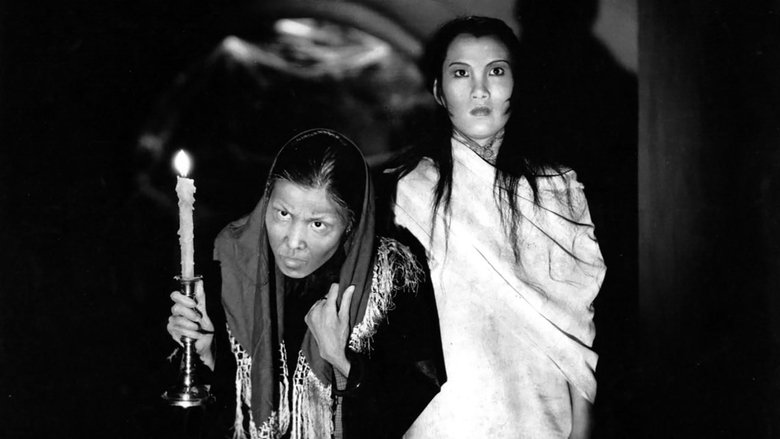
In this Chinese version of The Phantom of the Opera, the mysterious Song Danping terrorizes the newly rebuilt opera house and its young star.
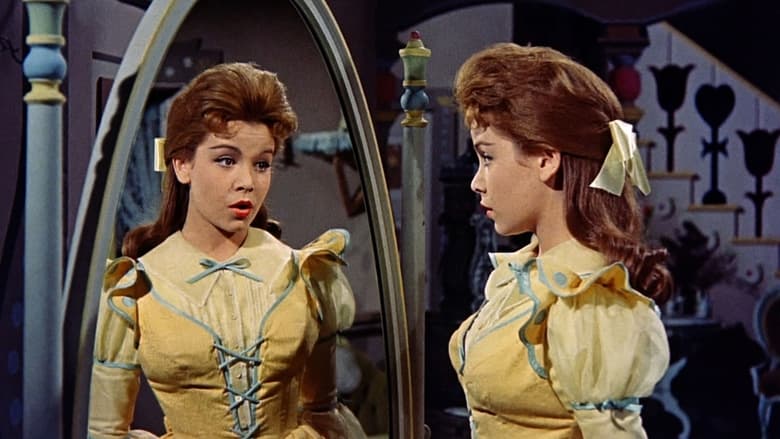
All roads lead to magical, merry Toyland as Mary Contrary and Tom Piper prepare for their wedding! But villainous Barnaby wants Mary for himself, so he kidnaps Tom, setting off a series of comic chases, searches, and double-crosses! The "March Of The Wooden Soldiers" helps put Barnaby in his place, and ensures a "happily ever after" for Tom and Mary!
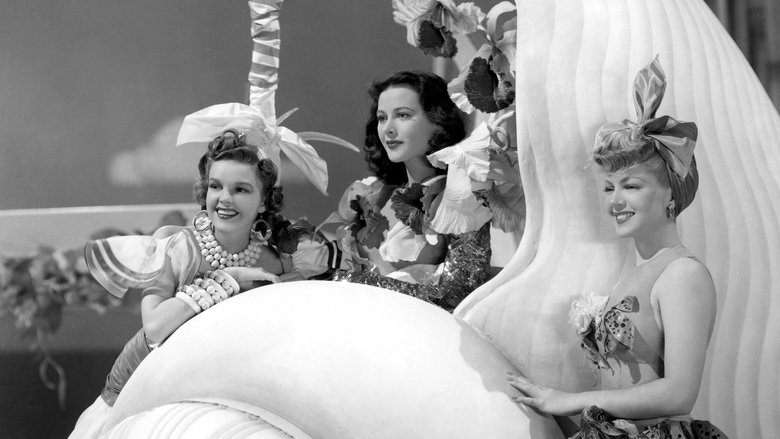
Discovery by Flo Ziegfeld changes a girl's life but not necessarily for the better, as three beautiful women find out when they join the spectacle on Broadway: Susan, the singer who must leave behind her ageing vaudevillian father; vulnerable Sheila, the working girl pursued both by a millionaire and by her loyal boyfriend from Flatbush; and the mysterious European beauty Sandra, whose concert violinist husband cannot endure the thought of their escaping from poverty by promenading her glamor in skimpy costumes.
New Faces was a musical revue with songs and comedy skits tied together by a quirky plot. It ran on Broadway for nearly a year in 1952 and was then made into a motion picture in 1954. It helped jump start the careers of several young performers including Paul Lynde, Alice Ghostley, Eartha Kitt, Carol Lawrence, performer/writer Mel Brooks (as Melvin Brooks), and lyricist Sheldon Harnick. The film was basically a reproduction of the stage revue with a thin plot added. The plot involved a producer and performer (Ronny Graham) in financial trouble and is trying to stave off an angry creditor long enough to open his show. A wealthy Texan offers to help out, on the condition that his daughter be in the show.
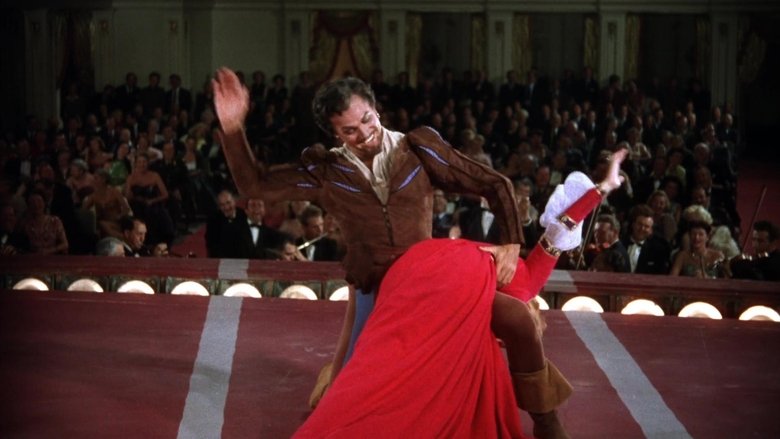
A pair of divorced actors are brought together to participate in a musical version of The Taming of the Shrew. Of course, the couple seem to act a great deal like the characters they play, and they must work together when mistaken identities get them mixed up with the mafia.

A former boy band star unexpectedly gets a second shot at success when he forms a bond with a gifted young drummer.
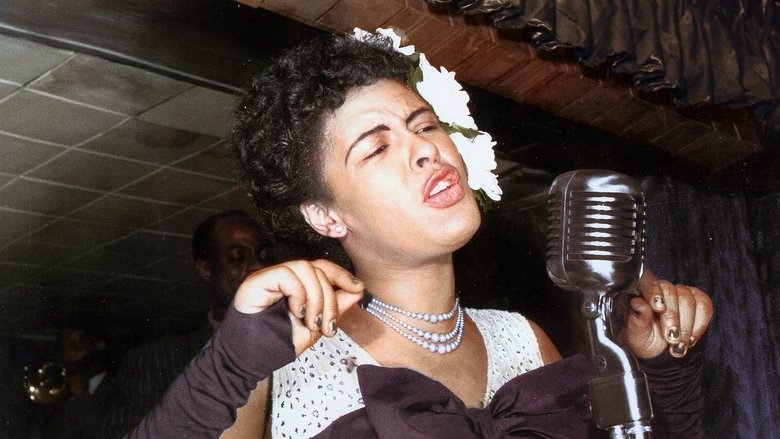
‘Lady Day’ was one of the greatest jazz vocalists the world ever heard. In 1971, journalist Linda Lipnack Kuehl set out to write the definitive biography of Billie Holiday. Before her mysterious death in 1978, Lipnack Kuehl had taped over 200 hours of interviews. The tapes have never been heard. Now they form the basis of an atmospheric, multi-layered documentary that captures the many complex facets of a proud black woman, violent drug addict, loyal friend, vindictive lover and unforgettable singer of ‘God Bless The Child’, ‘Saddest Tale’ and the haunting ‘Strange Fruit’.
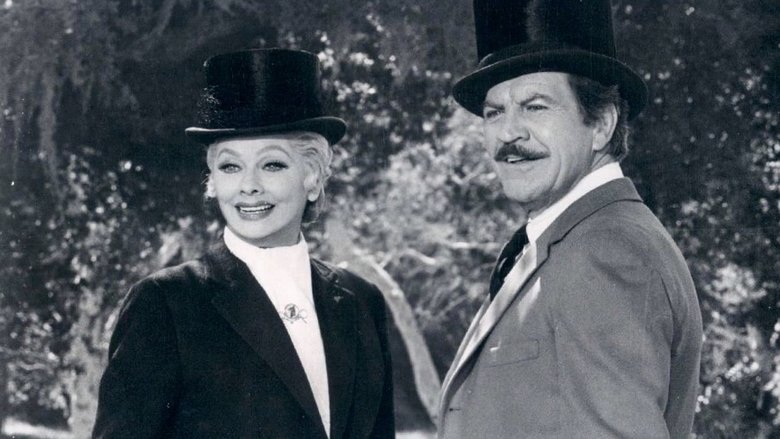
The madcap life of eccentric Mame Dennis and her bohemian, intellectual arty clique is disrupted when her deceased brother's 10-year-old son Patrick is entrusted to her care. Rather than bow to convention, Mame introduces the boy to her free-wheeling lifestyle, instilling in him her favorite credo, "Life is a banquet, and most poor sons of bitches are starving to death."